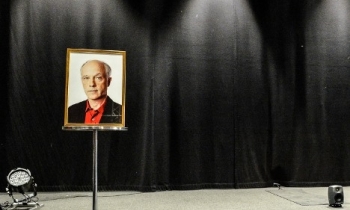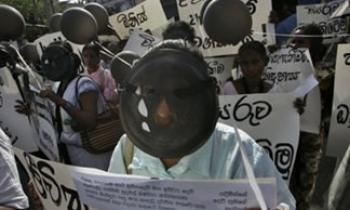A South African company, Globecast Satellite, which saw two of its employees acquitted of practicing journalism without accreditation in April 2008 by a Harare magistrate, is now being charged with illegal importation of broadcasting equipment in violation of the Broadcasting Services Act (BSA), according to the Media Institute of Southern Africa (MISA).
At the commencement of the trial on July 15, Globecast Satellite, which is being represented by Thabani Mpofu, pleaded not guilty to charges of contravening Section 7 (1) as read with Section 7 (4) and 7 (5) of the BSA, which outlaws the provision of broadcasting services or operating a signal carrier without a licence.
Magistrate Archie Wochiunga first heard evidence from Cloud Nyamundanda, the acting Chief Executive Officer of Transmedia Corporation. Nyamundanda told the court that the Corporation invited Globecast to provide a satellite uplink during the March 29 elections. The contract signed between Transmedia and Globecast, which was tendered in court as the first exhibit, ran from March 25 to April 6.
Nyamundanda also said that Transmedia would apply for the operating licence from the Broadcasting Authority of Zimbabwe (BAZ). He told the court that Transmedia had liaised with its parent Ministry of Information and Publicity, which had approved Globecast's invitation, resulting in the Ministry issuing a letter of invitation to Globecast that was produced in court as the second exhibit.
Nyamundanda said that in preparation for the arrival of Globecast, he had telephoned BAZ requesting an invoice for a licence for the satellite uplink for two days, from March 28-29. He told the court that he received the invoice late on March 27 with a request for payment of US$3,200.
Nyamundanda testified that two Globecast engineers arrived in Harare on March 27 and subsequently interviewed the Minister of Information and Publicity Dr Sikhanyiso Ndlovu, which was also broadcast by CNN, without the corporation's knowledge, in violation of the terms of the contract.
Cross-examined by defence lawyer Beatrice Mtetwa on July 16, Nyamundanda insisted that Globecast was in breach of the contract as they proceeded to provide the satellite uplink in the absence of an engineer from Transmedia, a matter which Mtetwa insisted was not in the contract.
Mtetwa took issue with the unilateral variation of the terms of the contract by Transmedia, which applied for a two-day licence despite having invited Globecast for the period of March 25 to April 6. She argued that the variation was not communicated to Globecast and that, in any event, it did not make any business sense for Globecast to have invested so heavily for a two-day business venture.
On further grilling by Mtetwa, Nyamundanda failed to explain how Globecast would have known that they were not supposed to commence transmission services before March 28 when that had not been communicated to them.
The state also heard evidence from Obert Muganyura, Chief Executive Officer of the BAZ, who testified that it was their duty as the regulatory authority to issue licences to service providers. Muganyura told the court that it was Transmedia and not Globecast that should have applied for the licence from BAZ.
The trial was expected to continue on July 22 when more witnesses, including Minister of Information and Publicity Sikhanyiso Ndlovu, were expected to give evidence.









